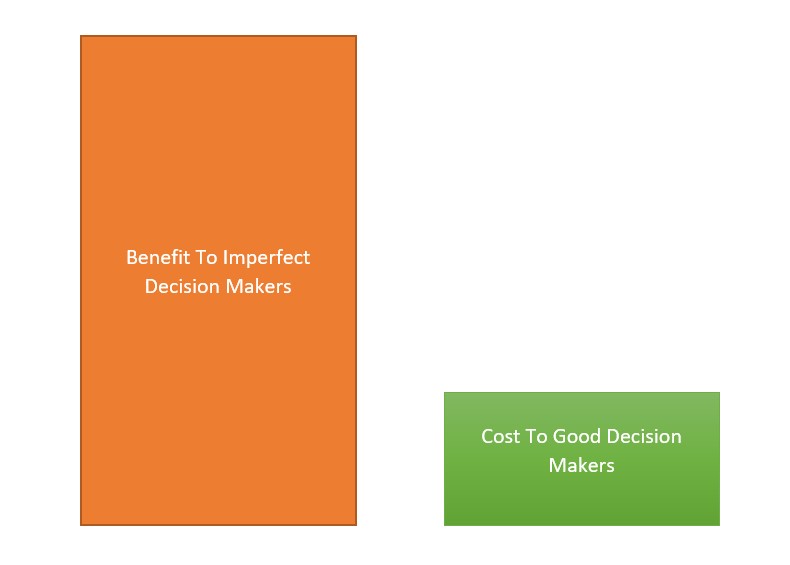How much the government should involve themselves in the lives of the public? This was been the theme of 2020 and the Covid crisis. Whatever your views it is unlikely you were totally happy. Die hard libertarians were not happy. Even in the most conservative of jurisdictions they could object. They could point to plenty of ways that the right to do exactly what you want was limited. Those urging more regulation also had plenty to complain about. Governments provided late, inconsistent and half-hearted measures. These were less effective than we might have hoped. Can we create regulation that most will agree too? What is regulation for conservatives?
Behavioral Economics And Regulation
Behavioral economics has much to say on regulation. In 2003 Colin Camerer and his colleages tried to frame the problem for a legal audience. They argued that some government action seeks redistribution. (This aims to help the less fortunate). Other actions seek to address the provision of public goods. (This hopes to make us all better off). They don’t address the value of such activities. Instead, they outline their idea of asymmetric paternalism. Regulation designed using this aims to help individuals who would otherwise not make perfect decisions.
Asymmetric Paternalism
The challenge with paternalism is obvious. Telling people what they can and cannot do is rarely popular. In addition, who wants to hear that they can’t make good decisions for themselves? That said, we often don’t. The idea from traditional economics that we think through all decisions is surely wrong. That we come up with the best answer — often wrongly called ‘rationality’ — is clearly strange. At least it is strange to anyone who has met a human being.
Asymmetric paternalism is an approach to regulation. It aims to regulate where the benefits to those who don’t naturally make perfect choices are comparatively high. The costs to those who would make perfect choices without the regulation must be low. (They also consider the costs to implement the policy. Plus any change in firm profits).

Regulation for Conservatives
The authors want to help consumers. Yet, they only want this in certain circumstances. The value of regulation to the bad decision-makers must be judged. It is then weighed against, and must greatly exceed, the costs to others. This seems uncontentious. As such the authors think such regulation with its large benefits and low costs should be embraced even by conservatives. (And anyone else who might not be naturally as keen on regulation).
The aim of the approach is that:
“asymmetric paternalism helps those whose rationality is bounded [imperfect decision makers] from making a costly mistake and harms more rational folks [perfect decision makers] very little. Such policies should appeal to everyone across the political spectrum and can potentially shift the debate from one about whether or not paternalism is justified, to one about whether the benefits of mistake prevention are larger than the harms imposed on rational people”
Camerer, Issacharoff, Loewenstein, O’Donoghue, & Rabin, 2003, page 1254
Sadly, everyone agreeing on the right form of regulation doesn’t seem to have happened. Still, at least their idea seems reasonable to think about.
For more on public policy see here, here, here and here.
Read: Colin Camerer, Samuel Issacharoff, George Loewenstein, Ted O’donoghue, & Matthew Rabin (2003). Regulation for Conservatives: Behavioral Economics and the Case for” Asymmetric Paternalism”. University of Pennsylvania Law Review, 151(3), 1211-1254.
